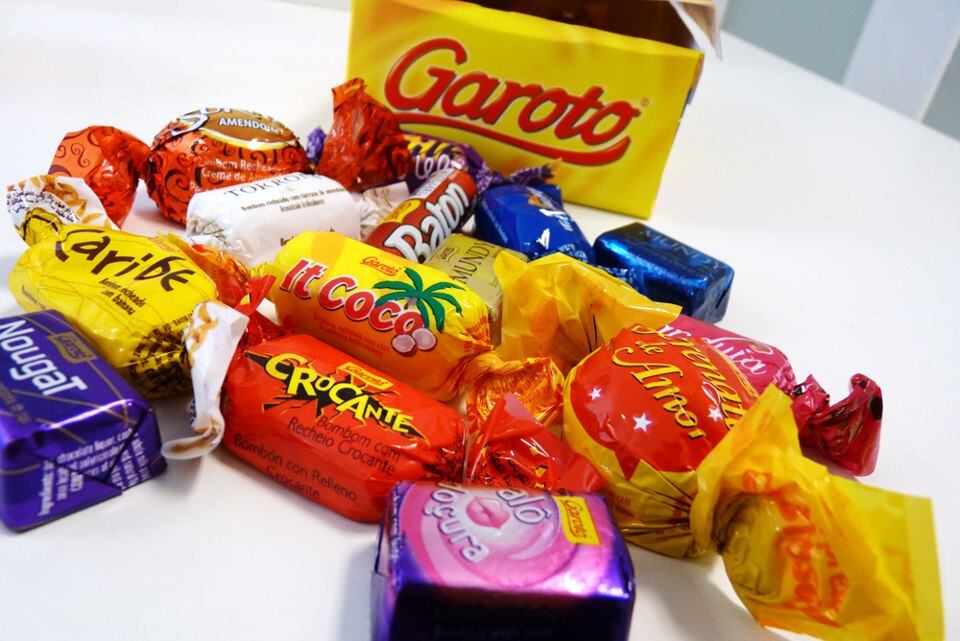Jonathan Thomas, primary market analyst at Leatherhead, told ConfectioneryNews.com: “One key challenge for manufacturers would appear to be reducing the reliance on seasonal occasions, when consumption of chocolate tends to increase sharply (e.g. during the winter months).”
“Since the country seems to have escaped the worst effects of the economic downturn, there may be scope to develop the premium chocolate sector further, especially within the molded bars/tablets segment where sales are generally high anyway.”
Seasonal dependence
Nestlé is one confectioner that has suffered from over-reliance on seasonal products in Brazil in recent months.
Brazil changed the dates of its Christmas confectionery shipments, which harmed Nestlé’s third quarter results, its head of investor relations Roddy Child-Villiers said last month.
According to Thomas, the Brazilian confectionery market has grown over 23% in the past five years mainly because consumers are becoming more affluent and are substituting sugar confectionery for chocolate.
Chocolate: Garoto & Nestlé
“Based on past growth rates, chocolate appears to be the most promising sector within the Brazilian confectionery market, especially since sales appear to have stalled within the gum segment,” continued Thomas.

He said that the future development of the industry depended heavily on regulatory approval of Nestlé’s acquisition of Brazilian chocolate firm Garoto – which it set out to buy in 2002.
“The Brazilian competition authorities seem to be keen to see Garoto remain in its current form, rather than being broken apart and sold, and this is likely to remain a strong local supplier of chocolate,” said Thomas.
Should Garoto stay Brazilian-owned, other multinationals with less of a presence in Brazil than market leaders Nestlé and Mondelez International may consider investments, he added.
